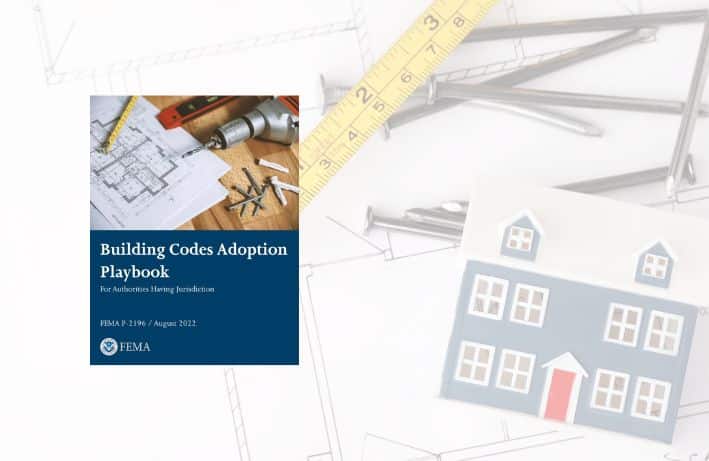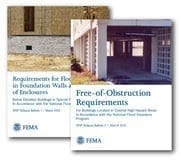Building Community Resilience with Natural Hazard Code Adoption and Enforcement

In November 2020, FEMA’s study, Building Codes Save: A Nationwide Study, and its accompanying brochure, Protecting Communities and Saving Money, made the case for why communities should proactively adopt and enforce natural hazard-resistant building codes. The results spoke for themselves: an estimated reduction in property losses of $132 billion (based on forecasted consistent growth associated with using modern building codes from 2000-2040) nationwide.
As June 1 marked the start of hurricane season, officials from the White House, FEMA, state and local government and private sector entities announced the National Initiative to Advance Building Codes at Florida International University. Within this initiative, federal departments and agencies will review federal funding and financing of building construction to ensure projects follow updated model codes. The initiative will also provide incentives and support for communities to adopt modern building codes. FEMA’s Building Codes Strategy was announced in April at the National Hurricane Conference.
To help with these efforts, FEMA published the Building Codes Adoption Playbook for Authorities Having Jurisdiction. The Playbook is intended for officials interested in increasing community resilience and reducing loss from natural hazards by adopting the latest editions of model building codes.
The Playbook equips officials with background and language to help educate decision-makers and constituents on the benefits of adopting and enforcing the latest building code editions. In addition, the publication provides general steps to help navigate the code adoption process and informs about FEMA grants available to support building code adoption and enforcement activities.
FEMA wants to hear from you!
As you become familiar with the recommendations and resources in this document, send an email to fema-building-codes-program@fema.dhs.gov and share your best practice or effort that you have implemented.

